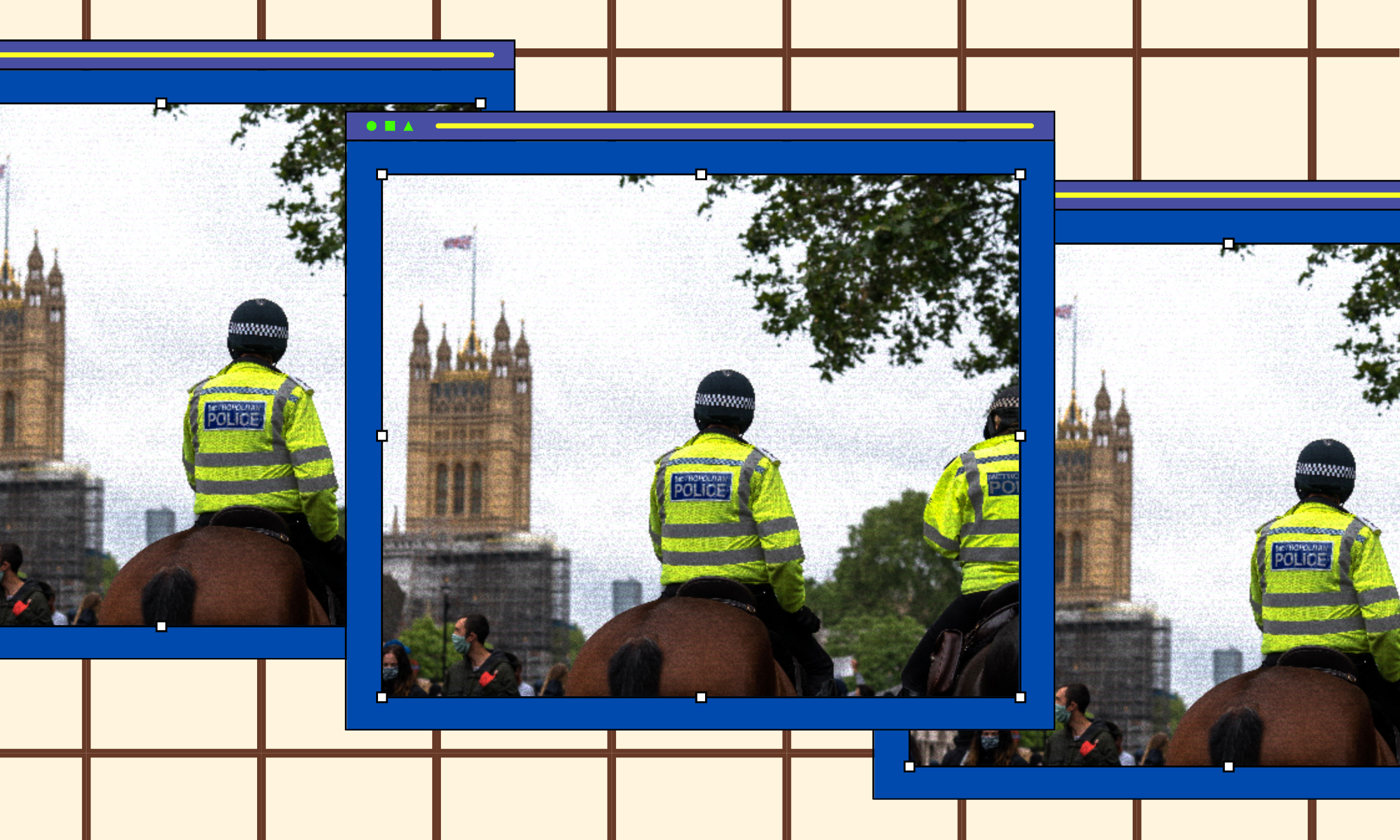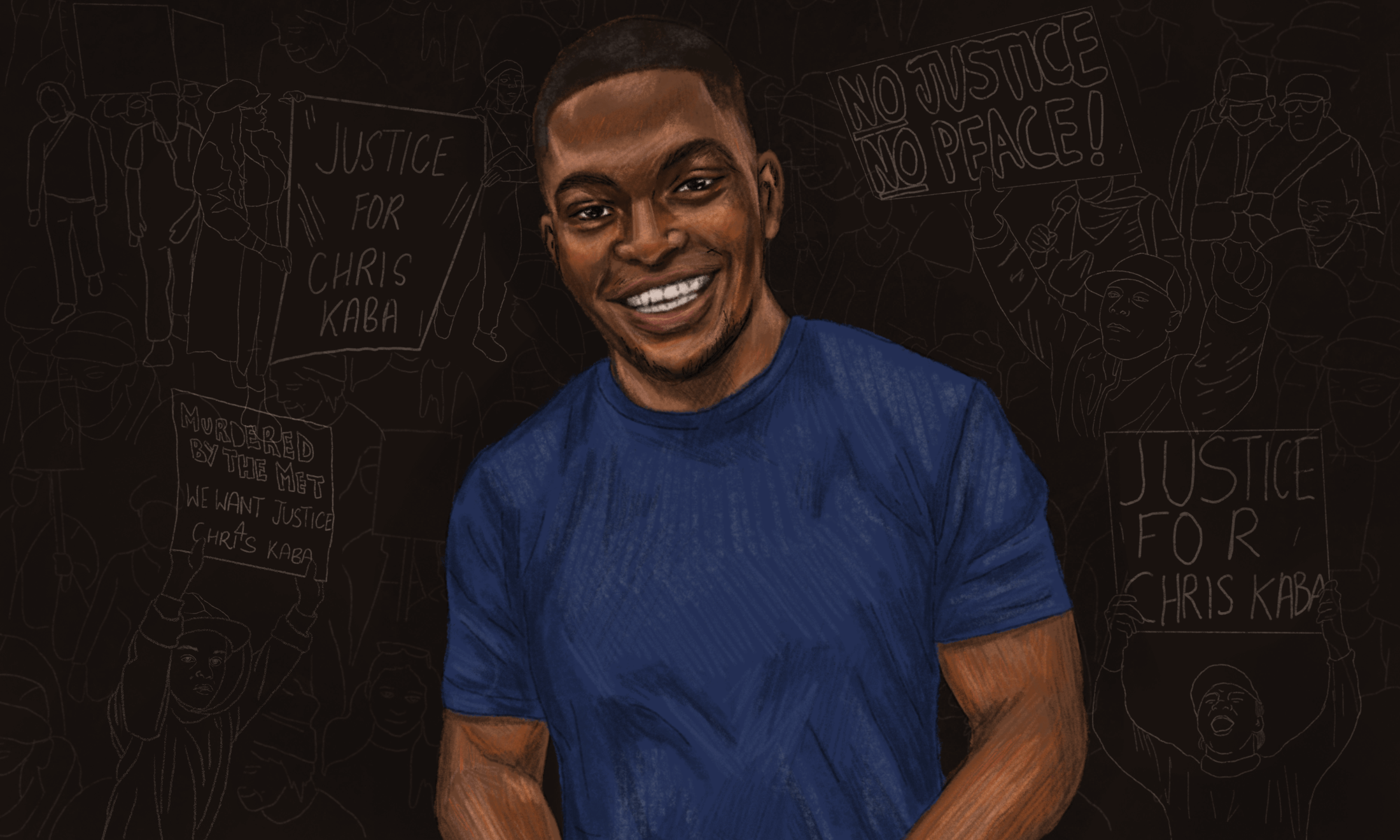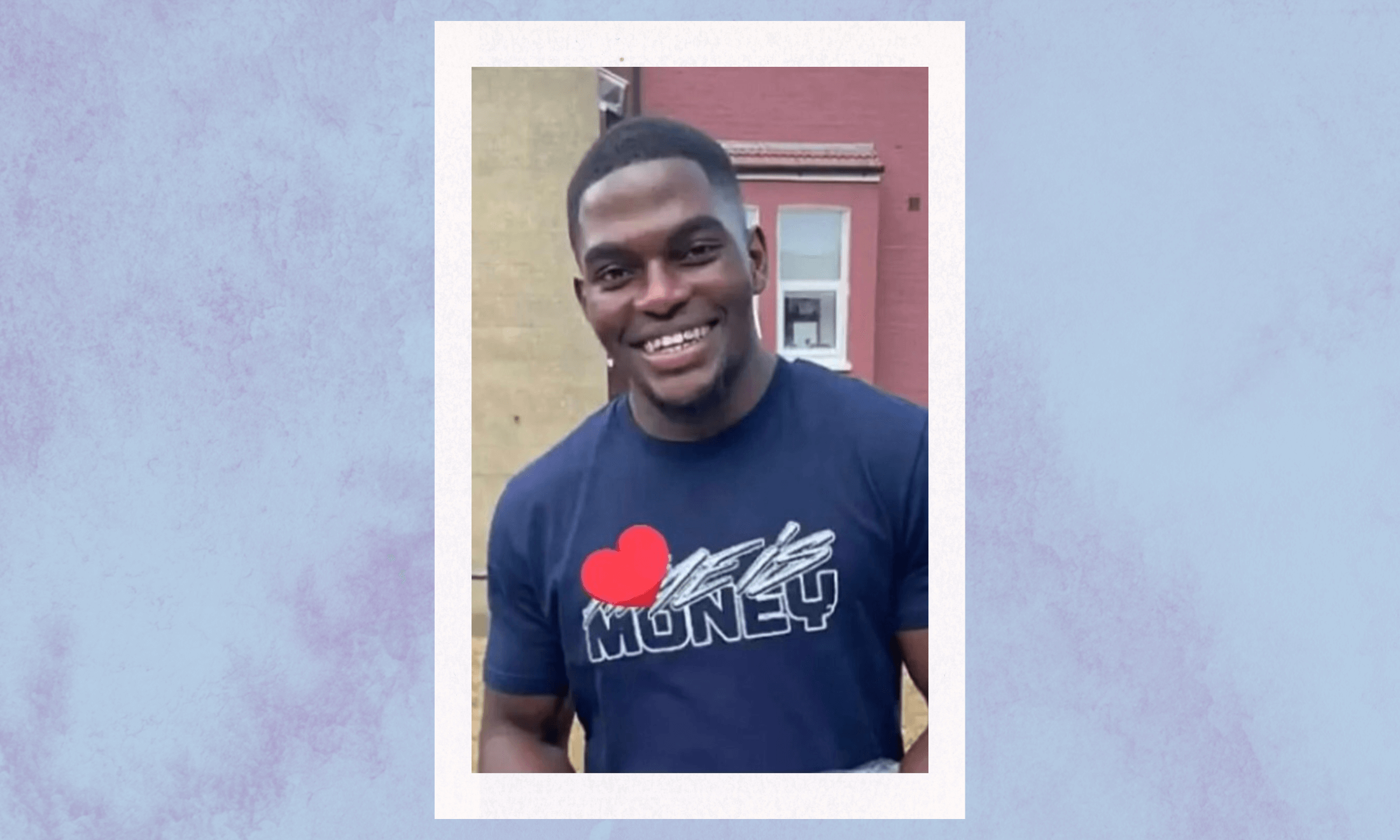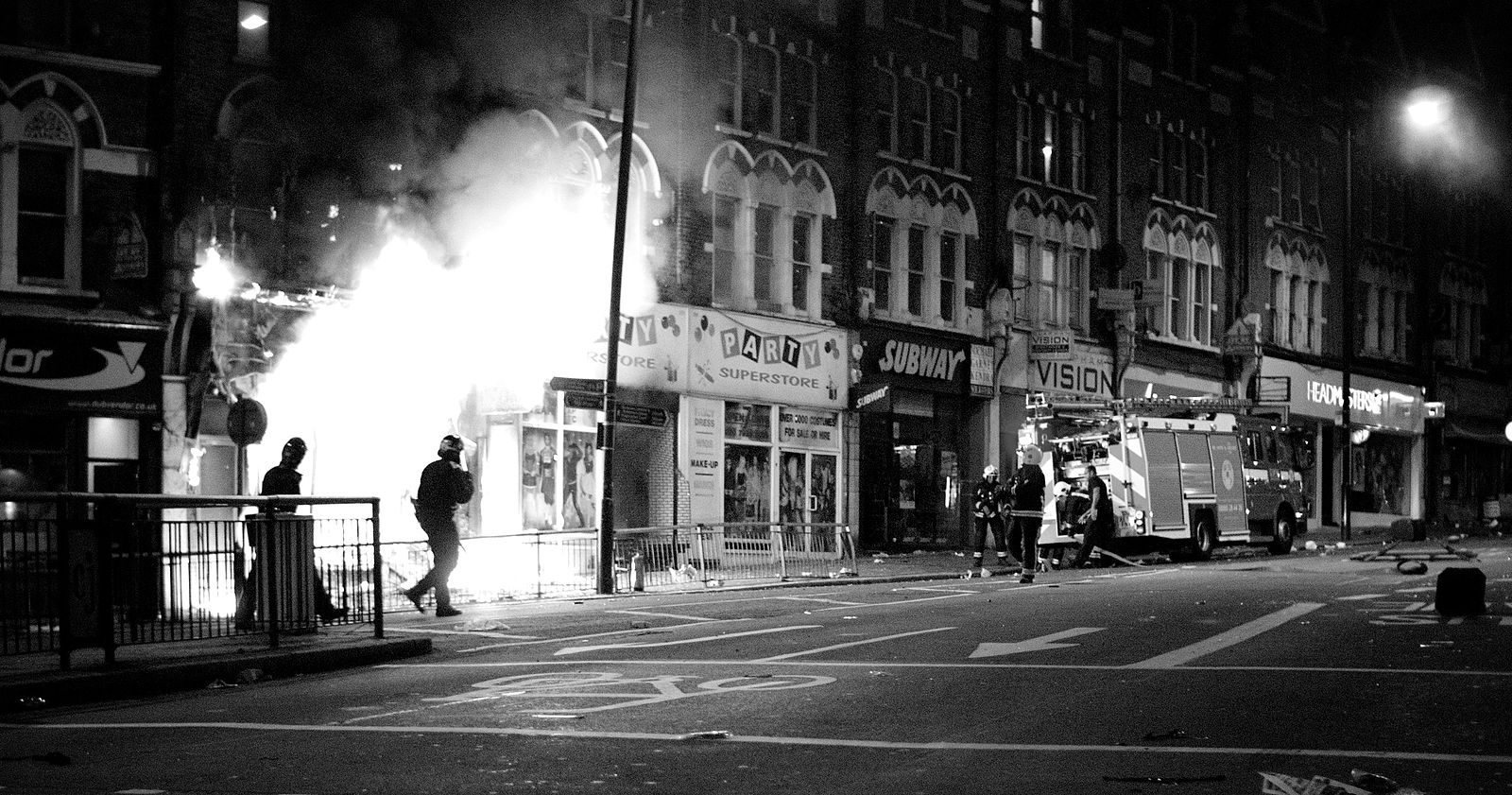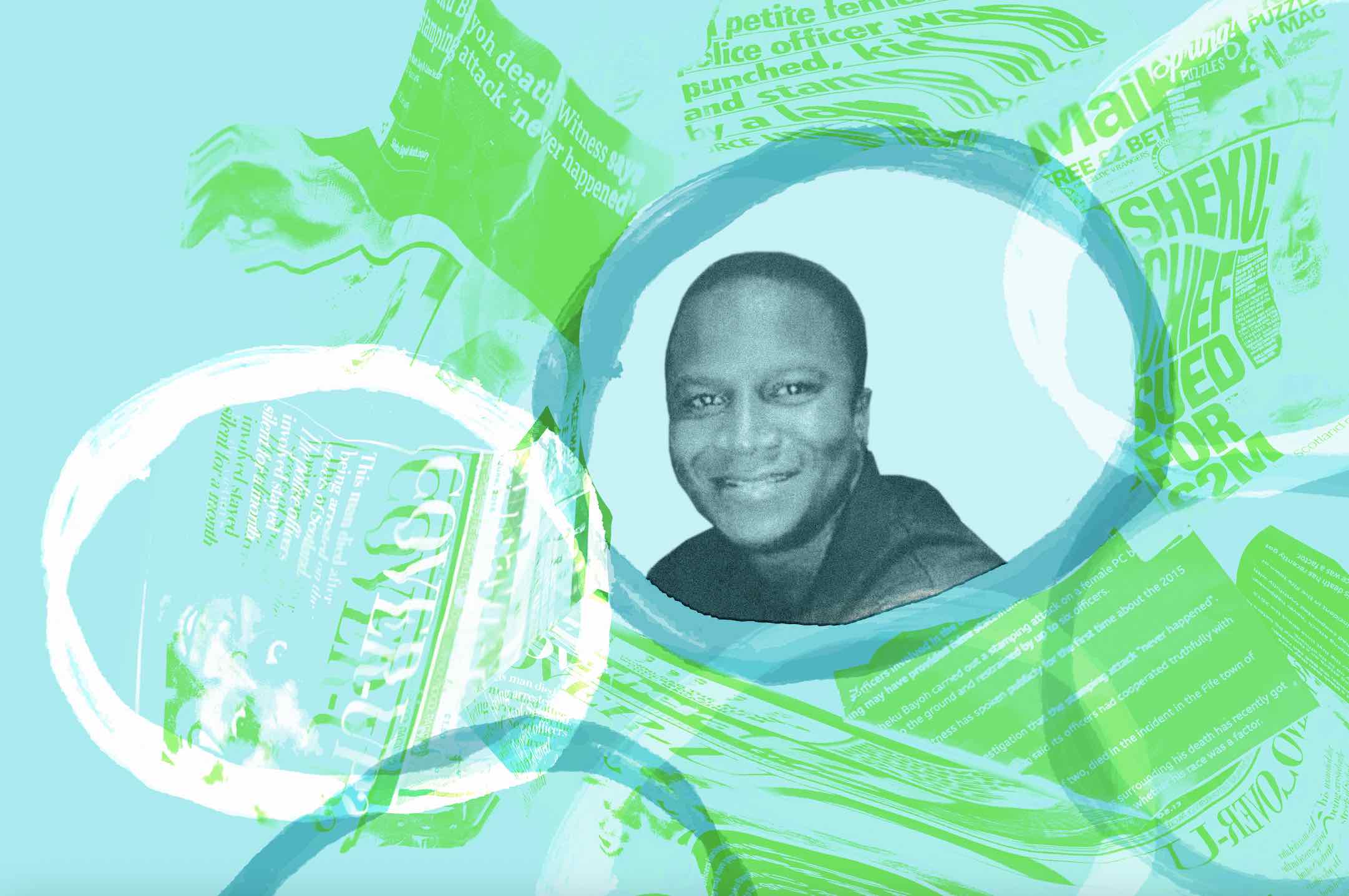
Citizens! How many conversations have you been a part of where white Britons let us know quite clunkily and with a heavy dose of arrogance that as black British people we should be thankful that we’re not in America where they treat people that look like us so much worse? It is superbly tragic that the mounting number of people who die in interactions with the police is not being viewed as international experience of black peoples in the diaspora suffering under the weight of white supremacy, which sees our lives as so expendable. Black people are being ripped from this earth swiftly and with impunity.
The Independent Police Complaints Commission (IPCC) has published its annual report on deaths in custody. The IPCC’s own report shows there were at least 24 (not the reported 14) deaths after involvement with the police for the year 2016/17.
“Black people are being ripped from this earth swiftly and with impunity”
Rashan Charles died following police contact in Hackney in the early hours of Saturday 22 July. Many members of the community are mourning the death of a popular young father who had a reputation for being caring and helpful to people of all ages.
Edir (Edson) da Costa and Darren Cumberbatch bring the total to three black men in a month that have died following police contact, and the second death by the Metropolitan Police this month.
The Metropolitan Police and the Independent Police Complaints Commission have claimed that Rashan Charles “was taken ill” when an officer “intervened and sought to prevent the man from harming himself”.
But CCTV footage shows a different story: we see Rashan on the ground while the police officer holds him in a chokehold. Rashan’s welfare is not the police officer’s primary concern. The officer keeps Rashan in the chokehold while Rashan’s legs can be seen frantically struggling whilst he is clearly in distress.
Rashan becomes unresponsive after a non-uniformed man pins Rashan down by putting his weight on Rashan’s torso. The officer’s hands are around Rashan’s face and it is unclear what is happening at this point.
Contrary to the Metropolitan Police’s statement, the main objective is to subdue Rashan when he appears to be struggling.
“Another family has lost a son and a father. A community has lost another black man”
The IPCC statement follows a familiar pattern of the denial of any police violence, a positive spin on events and no reasonable suspicion cast on the officers’ actions.
We have five questions for the Metropolitan Police and their defenders at the IPCC to answer:
- If the police officer believed that Rashan had swallowed an object, why did the officer put his arm around Rashan’s neck and wrestle Rashan to the ground?
- Will the officer be suspended until the investigation has been concluded or will he be free to patrol the community that has been traumatised by this death?
- How can the Metropolitan Police justify using a chokehold as lawful, proportionate and necessary, if the suspect is believed to have their windpipe blocked by an object?
- Will the police accept responsibility if the non-uniformed person’s intervention contributed to Rashan’s death?
- Will the Metropolitan police ban the use of chokeholds as a legal form of restraint?
Another family has lost a son and a father. A community has lost another black man. The police have never been held accountable for a death in their custody.
Since the death of Rashan Charles, hundreds of people have gathered in protest demanding answers from the police. Today, a vigil was held outside Stoke Newington Police station to remember the lives of Rashan Charles and Edson da Costa.
As citizens, we have questions to ask ourselves. From music videos to pornography, the hyper-masculinity and hyper-sexuality of black men is coveted, celebrated and lusted after. The black body is seen as inherently criminal, which is titillating behind a television screen. There are whispered fantasies of “cuckold” scenarios for white couples in the cities, suburbs and rural areas. The discussion of black male genitalia spices up dull sex lives and racial inadequacies. Yet it is that same thinking that leads to black male bodies being seen as brutal, wild and needing to be pinned to the floors of newsagents because their physical prowess is so legendary.
“The black body is seen as inherently criminal, which is titillating behind a television screen”
As citizens we also need to ask whether we quantify our grief and value black men the most in our communities. Do we give as much attention to the deaths of people like Sarah Reed, so clearly let down by people who have a duty of care to look after her? Do we send messages of support to the families of black trans women like Dee Whigham who are murdered by toxic masculinity?
Black feminists gave us intersectionality. We can be super precise in framing the complexity of our discussions about the links between the military industrial complex, anti-blackness and gender oppression. bell hooks gave us the term “imperialist white supremacist capitalist patriarchy” for a reason. We are more than intelligent enough to see the need to look at these deaths from an international and a historical perspective.
We can see that the road to justice will continue to be strewn with the bodies of our people until we enact the solutions we know are correct like an end to the war on drugs, prison abolition and decolonising our anachronistic stereotypical beliefs in race and gender.
We cannot afford to lose. Our love and solidarity are with all the bereaved families. Until there is justice, there cannot be any peace. #BlackLivesMatter

